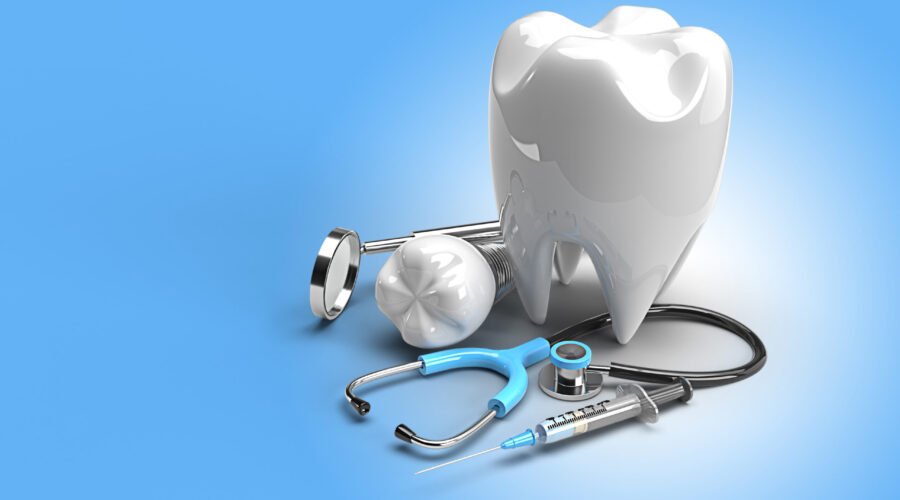Dental Problem? What are some over-the-counter options available
Maintaining the teeth in good condition is essential to your general health. Unexpected dental problems, however, can occur and might need quick care. In the interim, until you can visit a dentist, the following over-the-counter drugs can help treat common dental issues:
Toothache:
Over-the-counter painkillers such as Tylenol (acetaminophen) ibuprofen, or Advil, can be used to treat tooth pain.
Another way to help numb the area and reduce pain is to apply clove oil directly to the impacted tooth.
Sensitive Teeth:
The majority of pharmacies provide reducing toothpaste, which helps steadily reduce tooth sensitivity. Seek for brands that include the elements strontium chloride or potassium nitrate.
Gum Inflammation (Gingivitis):
The antiseptic mouth rinses with natural oils or chlorhexidine can help harm bacteria and reduce gum inflammation.
Antibacterial pain relievers available over the counter may also be helpful.
Canker Sores:
For pain relief and to aid in the recovery of canker sores, you may want to try using over-the-counter oral gels containing benzocaine or hydrogen peroxide.
Avoid consuming spicy or acidic foods that could potentially exacerbate the irritation of the sores.
Dental Decay (Cavities):
If you have small cavities, temporary dental filling kits can be used to temporarily fill the cavity and protect the affected tooth until you can seek professional dental treatment.
Denture Pain or Discomfort:
Denture adhesive creams or powders can help improve the fit and comfort of dentures.
Oral pain relievers can also help manage discomfort caused by ill-fitting dentures.
Bad Breath:
Antiseptic mouthwashes can temporarily mask bad breath by killing odor-causing bacteria.
Sugar-free chewing gum or breath mints can also help freshen your breath.
It’s important to note that while these over-the-counter options can provide temporary relief, they are not substitutes for professional dental care. If you experience persistent or severe dental problems, it’s essential to consult a dentist for proper diagnosis and treatment.
Remember, maintaining good oral hygiene practices such as brushing twice a day, flossing daily, and visiting your dentist regularly can help prevent many dental problems before they start.

